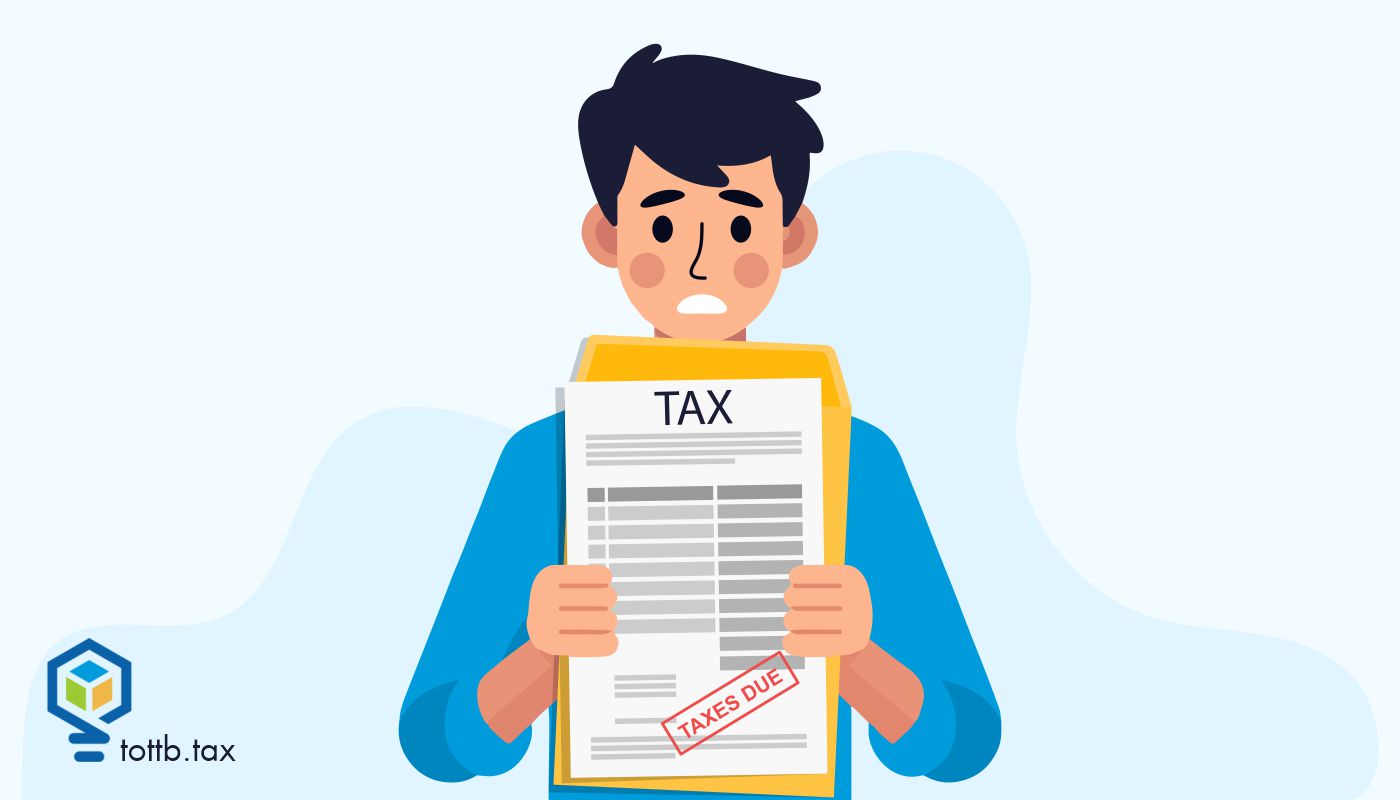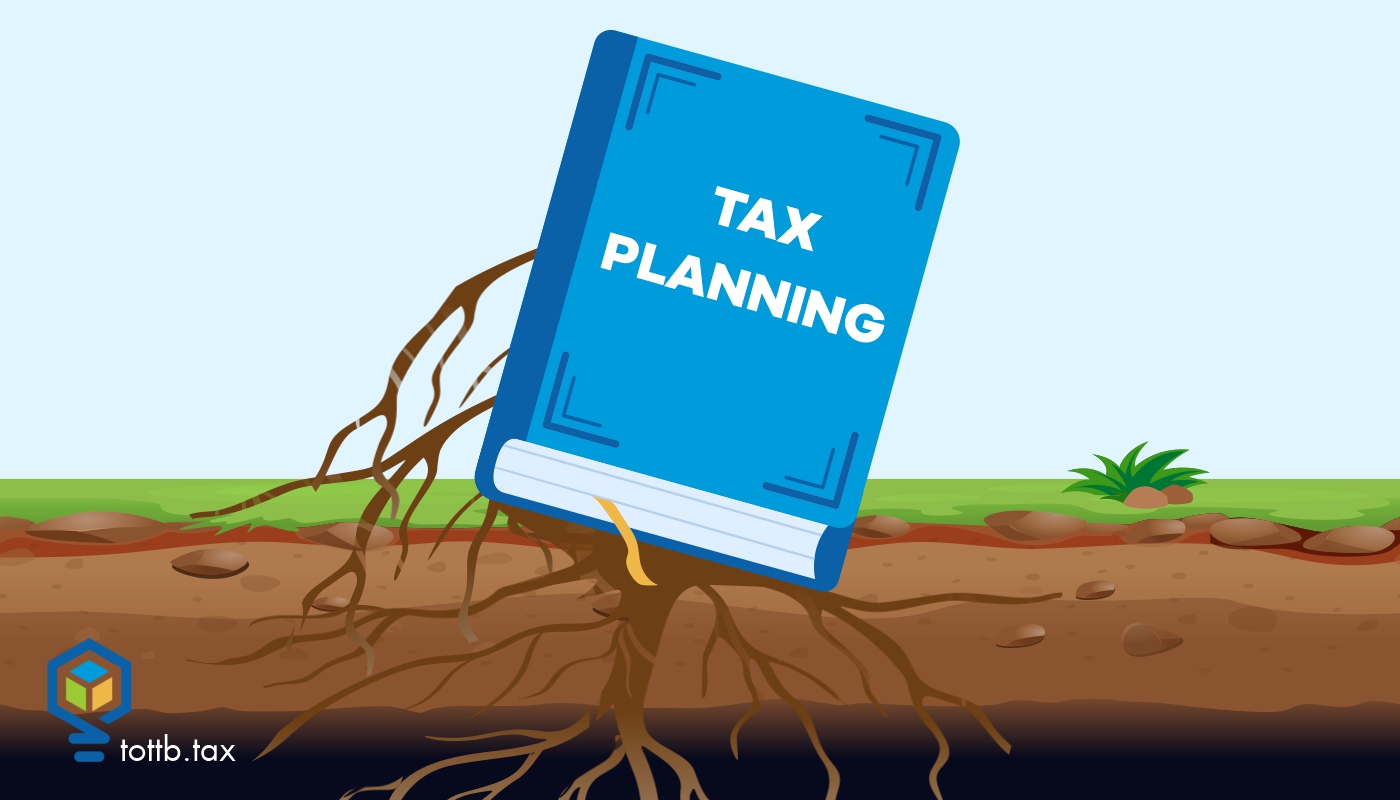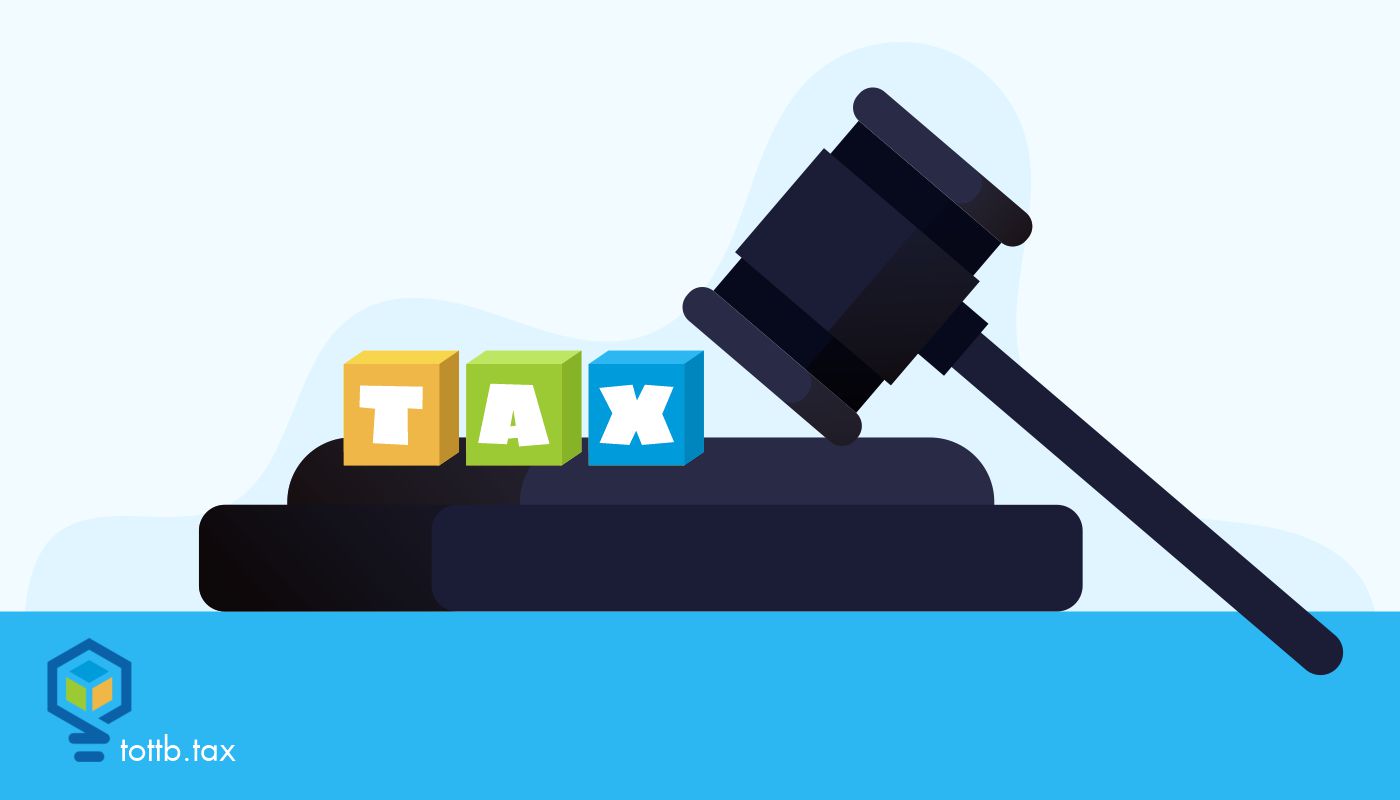
Lessons Learned from the Tax Court: The Root of the Issue
When is a business really a business? As Supreme Court Justice Potter Stewart said in 1964, “I know it when I see it.” The US Tax Court, however, maintains a slightly less subjective standard. The Roots were pretty sure they were running a bona fide business; the IRS, however, didn’t share the sentiment. And since we’re reading about them in a segment called “Lessons Learned,” one should assume it did not go the way the Roots would have liked.












